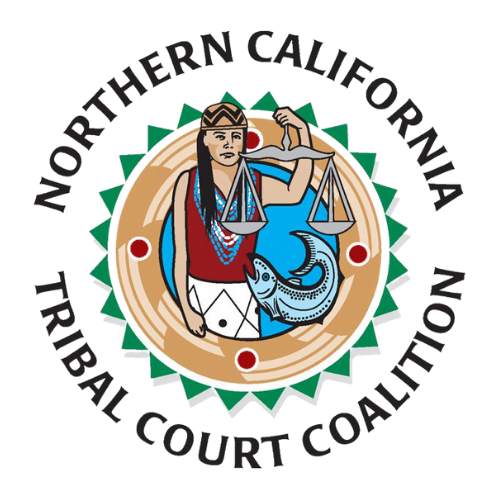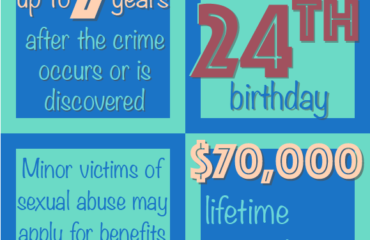What is Historical Trauma (HT)?
Historical Trauma is a term conceived by Maria Yellow Horse Braveheart, a Hunkpapa/Oglala Lakota social worker and mental health expert. Initially, Braveheart introduced the term as Indigenous Historical Trauma (IHT) in order to describe an intergenerational trauma passed down from one generation to another due to the impacts of colonization and modern day systemic racism inflicted upon Native American populations. Researchers apply the term to other marginalized populations as well.
How does Historical Trauma manifest in Native American populations?
Historical Trauma Response (HTR) can show up as anxiety, depression, substance abuse, suicide, domestic violence, and other forms of abuse that occur in Tribal communities.
How is Historical Trauma passed down from one generation to the next?
A clear example of intergenerational trauma is parental loss. If a child loses one or both parents at a young age, it is clear to see how the next generation will be affected by the loss of that parent. The manifestation of parental loss may inflict a range of coping strategies in order for that child to interact with society throughout their lifespan. For example, if my mother never learned to tie her shoes, was addicted to a substance, and developed major depressive disorder because of the loss of her mother, my life would also be affected by this loss. I may also not learn how to tie my shoes, I may suffer from neglect, or become interested in substance abuse because of witnessing my mother’s coping strategy. This may, in turn, pass onto my children as well unless I make great strides to seek treatment for HT.
What does colonization have to do with Intergenerational Trauma?
Colonization began when the first non-Native settlers arrived within the “Americas.” This wave of early colonization made an impact upon Tribal communities by spreading disease, stealing land (terra nullius), and destroying the natural balance of the earth. With only a 10% survival rate, Native Americans lost family members and cultural inheritance that impacts their communities today. There is a loss of identity associated with the loss of culture. Culture is key to cultivating a relationship with Mother Earth. Without the relationship with the Mother many people become lost and show signs of Historical Trauma Response. Because of these reasons and more, it is generally agreed within Native American academic circles that colonization is a modern day phenomena that continues to impact Tribal communities.
What are modern day examples of colonization and how is this related to Historical Trauma?
The examples listed in the previous paragraph result in modern day colonization and intergenerational trauma. More recent occurrences of colonization include boarding schools, relocation, reservation boundary diminishment, underrecognized Tribal status, the absence of Native American education in the school system, and lack of federal fiduciary obligations.
Can you give me an example of how to cope when I feel overwhelmed while facing Historical Trauma?
Many times HT forces us to look into the past to recount what has happened to our Ancestors. Sometimes HT forces us to look into the future and it may be easy to become concerned for the future generations and the future of Mother Earth. By focusing on being present, one may call themselves back into their bodies to navigate the process with more clarity.
Here is an exercise to practice being present. Think about something safe you do on a regular basis to soothe yourself. I will use the example of drinking a cup of tea. To call myself back into the present, I focus on sensation. I hold the hot tea cup in my hand and focus on the temperature, the contours of the cup, the smell and taste of the tea. I take a sip and consider how the water feels on my lips, going down my throat and warming my body. This exercise brings me into a focused space with the tea and my body. The exercise can be applied to any safe method of self soothing such as listening to music, taking a shower, eating chocolate, or gardening.
How can I seek treatment for Historical Trauma?
Repairing the cultural relationship in one’s self and within the affected Tribal community is key. This includes taking action to connect with one’s Tribal culture, value system, beliefs, cultural restoration, and repairing self-image. There are many ways to do this.
- Go for a walk outdoors and listen to the sounds of nature.
- Explore traditional foods.
- Consider participating in Ceremony.
- Go to a cultural event.
- Talk with an elder.
- Learn your Tribal Creation Story.
- Learn your language.
- Volunteer with your Tribe.
- Consider talking to a trusted spiritual person or medicine person.
- Seek services such as counseling or coaching.
- Take a Native American Studies course.
- Meditate, practice being present.
Can my Ancestors help?
Absolutely! Learning about family lineage and family traditions can be very rewarding knowledge to have. There can also be trauma in more recent familial generations. One way that I like to connect with Ancestors is through ceremony and prayer. Sometimes if I am still, I can feel the power of my Ancestors standing beside me. It is important to remember that Ancestors also pass down inherited love, strength, and wisdom. You are the manifested dream of the future generation.


